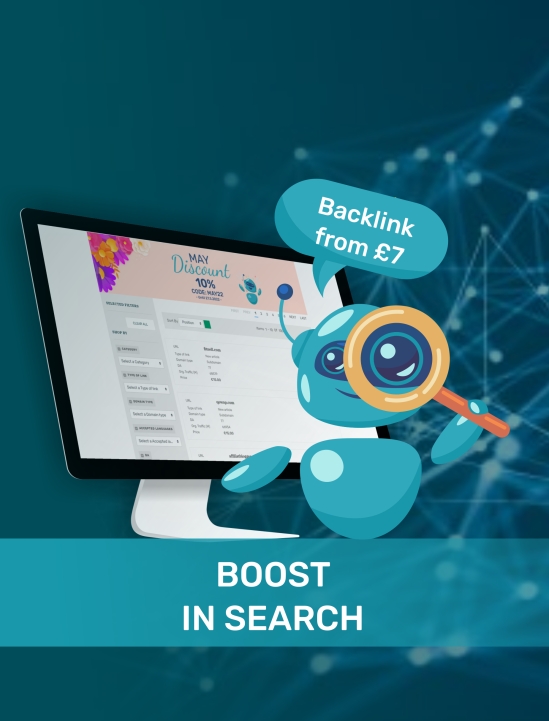n the ever-evolving digital landscape, the need to convert HTML content into PDF documents has become increasingly prevalent. Whether you're a developer, a business professional, or simply an individual looking to preserve web content for offline use, the ability to transform HTML to PDF is an invaluable skill. This article delves into the world of HTML to PDF conversion, exploring its significance, methods, considerations, and practical applications.
Why Convert HTML to PDF?
Before diving into the technical aspects of HTML to PDF conversion, it's essential to understand why this process is so crucial in today's digital environment:
-
Preservation of Web Content: HTML to PDF conversion allows you to capture and save web pages, ensuring that their content remains accessible even if the original source goes offline or undergoes changes.
-
Document Standardization: PDF is a widely accepted format for sharing documents, ensuring that your content looks the same on various devices and platforms.
-
Report Generation: Businesses frequently use HTML to PDF conversion to generate professional-looking reports, invoices, and statements from web-based data.
-
Brochures and Catalogs: Marketing professionals can create digital brochures and catalogs by converting HTML content into visually appealing PDFs.
-
Legal Documents: Lawyers and legal professionals use HTML to PDF conversion to create legally binding contracts, agreements, and court documents.
-
Offline Access: Individuals who want to read web articles or documentation offline can convert web content into PDFs for convenient access.
Methods for Converting HTML to PDF
There are several methods for converting HTML to PDF, each with its advantages and use cases:
-
Using Server-Side Libraries and Tools:
-
wkhtmltopdf: An open-source command-line tool that leverages the WebKit rendering engine for high-quality PDF generation.
-
Puppeteer (with Node.js): A Node.js library that controls headless Chrome or Chromium browsers to capture web pages and save them as PDFs.
-
Python PDF Libraries: Python developers can use libraries like WeasyPrint, pdfkit, and ReportLab to convert HTML to PDF.
-
Java Libraries: Java programmers can employ libraries like Flying Saucer, iText, or PDFBox for HTML to PDF conversion.
-
-
Online HTML to PDF Conversion Services:
- Several online services offer HTML to PDF conversion. You provide the HTML content, and they return a PDF file. Examples include PDFCrowd, HTML to PDF API, and DocRaptor.
-
Client-Side Browser Printing:
- Modern web browsers like Google Chrome and Mozilla Firefox offer built-in options to "print" web pages to PDF, allowing users to save web content as PDF files.
Considerations for Successful HTML to PDF Conversion
When converting HTML to PDF, it's essential to consider the following factors:
-
Styling and Layout: Ensure that your HTML content is well-styled and formatted for the desired PDF output. Adjust CSS styles if necessary.
-
Fonts: Use standard fonts or ensure that custom fonts are properly embedded in the PDF to maintain consistent rendering.
-
Images: Ensure that images are referenced with absolute URLs or embedded correctly in the HTML to display properly in the PDF.
-
Page Size and Orientation: Specify the page size and orientation (portrait or landscape) to match your requirements.
-
Headers and Footers: Consider adding headers and footers to your PDF for branding or additional information.
-
Pagination: Ensure long documents are paginated correctly in the PDF.
Sample Code for HTML to PDF Conversion using WeasyPrint (Python)
# Install WeasyPrint using pip:
# pip install WeasyPrint
from weasyprint import HTML
# Specify the HTML content or file to convert
html_content = """
<html>
<head>
<title>HTML to PDF</title>
</head>
<body>
<h1>Hello, World!</h1>
</body>
</html>
"""
# Create a PDF from the HTML content
pdf = HTML(string=html_content).write_pdf('output.pdf')
# 'output.pdf' now contains the generated PDF
Conclusion
HTML to PDF conversion is a versatile and invaluable process in today's digital landscape. Whether you're a developer looking to automate conversion through code or an end user seeking a quick solution, mastering HTML to PDF conversion opens the door to various possibilities. Whether it's for preserving web content, creating professional reports, or sharing beautifully formatted documents, the ability to convert HTML to PDF is a skill that can benefit individuals and businesses alike in our digitally-driven world.


